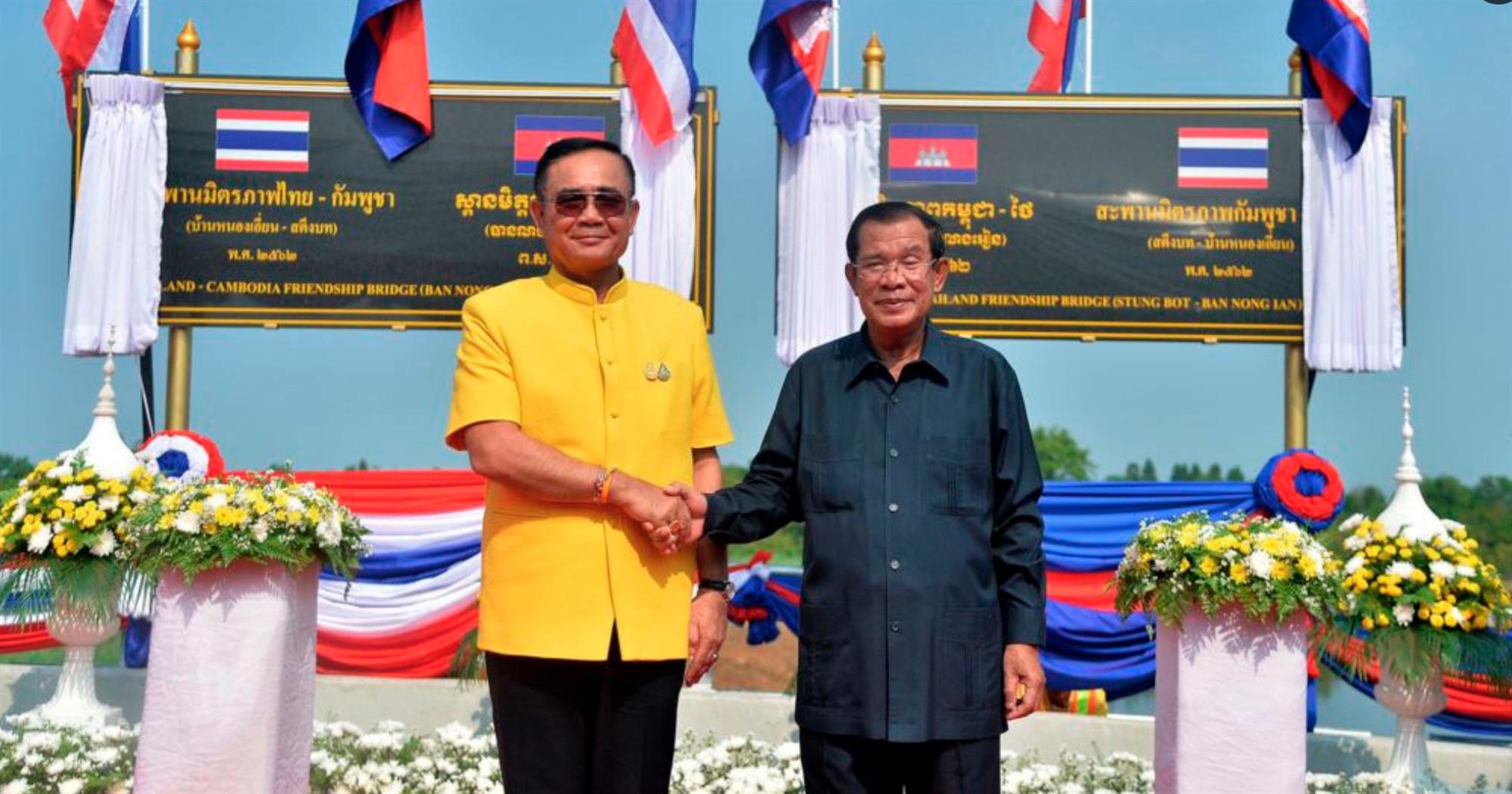Rail links in Southeast Asia, long a logistics challenge, look set to improve with not one but two links coming into play.
The more dramatic of the pair was Malaysia’s reboot of the East Coast Rail Link (ECRL) which had been suspended over concerns about costs leading to fears it might not get built. Instead, on April 15, Malaysia Rail Link Sdn Bhd (MRLSB) and China Communications Construction Company Ltd (CCCC) signed a supplementary agreement paving the way for the resumption of the ECRL project.
The agreement restarts the project by cutting its cost, Malaysia’s prime minister Mahathir Bin Mohamad explained.
“In addition, both parties agreed to form a joint venture company to manage, operate and maintain the ECRL rail network,” Mahathir said in a statement.
Phase 1 and Phase 2 of the agreement cut the cost of engineering, procurement, construction and commissioning (EPCC) costs of the ECRL to RM44 billion (US$10.6 billion). “This is a significant reduction of RM21.5 billion, or 32.8%, from its original cost of RM65.5 billion. The improved ECRL will cost RM68.7 million (US$16.6 million) per km compared to RM95.5 million per km under the original agreement,” Mahathir said.
Substantial savings have seemingly not lessened the rail line – or its benefits. It is a bit shorter, having been realigned, at 640 kilometres, as opposed to 688 kilometres previously, and will be standard gauge and double-tracked. It will run from Kota Bahru in Malaysia’s northeast in an arc down to the west coast port of Port Klang.
This is an important change to the agreement: previous plans have the line ending in Kuala Lumpur. As Mahathir said: “The new southern alignment will also provide a direct land link from Kuantan Port to Port Klang, serving as a land bridge between the two ports.”
Where there is slippage is in the completion date, now scheduled for December 31, 2026, rather than June 30, 2024, as was originally announced.
CCCC’s role has changed under the new agreement. The Chinese side will participate in the operation and maintenance (O&M) of the ECRL through a joint venture company to be set up and owned equally between MRL and CCCC, and will provide technical support and share the operational risk after the project’s completion.
“This arrangement will ease the financial burden on Malaysia, which previously was to bear the entire cost of the O&M,” said Mahathir. Malaysia also won 40% of the civil works, up from 30% in the previous agreement.

As significant (but with less show) has been the announcement that Thailand and neighbouring Cambodia will open the bridge at the Aranyaprathet-Poipet border post, connecting the two country’s rail networks in an April 22 ceremony, transport minister Arkhom Termpittayapaisith told attendees of the ASEAN PPP Summit in Bangkok earlier this month.
This is not the only rail initiative the two countries have agreed to, Termpittayapaisith added on the sidelines of the summit.
“There are two projects, the bridge, and we will sign an international rail deal,” he told Asia Cargo News.
This agreement is necessary to agree upon procedures and rules for use of the rail line, which runs through to Phnom Penh, he said. “Rail services will take some time,” Termpittayapaisith added. “We need to work on the agreement.”
The Thai-Cambodia Link is in some ways more significant, as it links two countries who have long had very separate rail systems despite being neighbours, whereas the ECRL connects Malaysia’s east and west coasts. The Malaysian news is significant in its own national way and in the implications it has for regional trade, but the two neighbours connecting their rail lines is a big connectivity booster.
Thailand and Cambodia used to have a rail link, but the Indochina wars of the 1960s and 1970s, as well as a period of isolation by Cambodia, saw the link abandoned.
By Michael Mackey
Southeast Asia Correspondent | Bangkok




